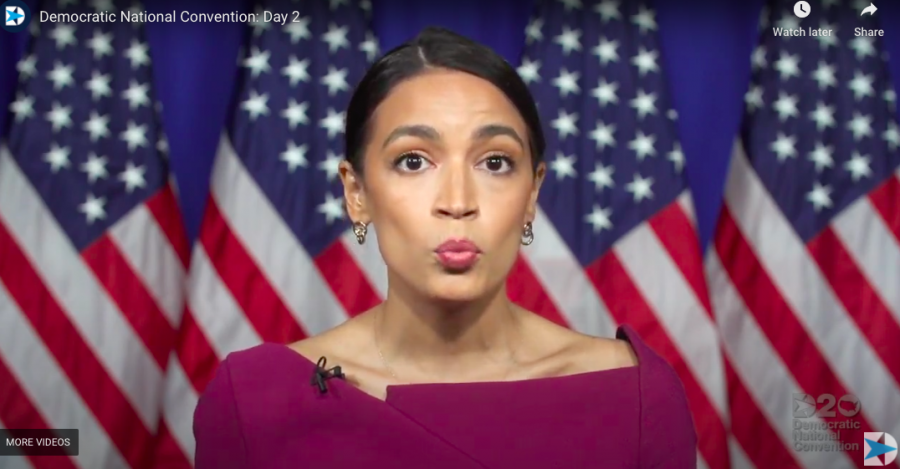As tempting as it may be to give into feelings of resignation or cynicism after this past week of Supreme Court controversy, it is important to remember that there are still political battles left to fight and those fights are worth winning. For example, corporate superpower Amazon announced Tuesday that its minimum wage for employees will be raised to $15 an hour on Nov. 1. Wages originally ranged from $10 to $13.50 depending on location and job. While the announcement has been met with praise, it should also serve as a reminder of all the work still left to do in the fight for a national, livable minimum wage.
Credit must be extended to Amazon for its decision to raise wages to a more respectable and fair level for over 350,000 full-time, part-time and temporary employees. To cast off its choice to compensate its workers adequately as a simple public relations maneuver before the busy holiday season is a great disservice to the inspirational labor struggle at the company.
Amazon CEO Jeff Bezos, whose obscene wealth has been used heavily as a critique of the distribution of income in the company, has been at the forefront of the company’s announcement. Heaping praise on a billionaire for simply doing the right thing accomplishes little. Bezos’ public commitment to fight for a national minimum wage raise to $15, however, sets the billionaire apart from his other inordinately wealthy colleagues as at least a minor proponent of economic justice.
This was not just a throwaway decision made by Amazon’s board of directors. This is the culmination of years of labor organization, journalistic exposes and pressure from political agents such as Sen. Bernie Sanders. Sanders’ recent “Stop Bad Employers by Zeroing Out Subsidies Act,” or the Stop BEZOS Act, brought on by Amazon reaching a market cap of $1 trillion.
The Stop BEZOS Act would have taxed corporations in proportion to the amount of public assistance funds its employees utilized. The proposed bill would have been nearly impossible to enforce nationwide. The bill represented something greater than itself, however, as it functioned as a social floodlight, bringing national attention to corporate inequality during what should have been a celebratory time for the Silicon Valley superpower.
The company, one of the largest American job creators of the past decade, is one of many companies in this country large enough to sustain a sudden wage raise at this level. With similar labor struggles occurring at corporations including Walmart and Disney, Amazon’s bold maneuver should serve as a precedent for other companies. After years of intense work by organizers and politicians fighting for a federal minimum wage of $15 per hour, the conversation has been shifted forward beyond the question of simple feasibility. Instead of questioning whether raising wages to this level is economically feasible, the conversation has shifted to which corporations will be bold enough to implement it.
The ceaseless battle for labor equality and adequate wages has been raging in this country for quite a long time, and this victory does not signify the end of the struggle. What it does represent is progress and achievement. It may not have come as easily or as quickly as some would have hoped, but regardless, it is change that was secured by hard-working Americans.
Amazon’s own internal labor conflicts are not wholly resolved. The recent announcement regarding wages extends to all “full-time, part-time and temporary employees.” Unfortunately, Amazon’s business model often relinquishes the responsibility of order fulfillment and delivery to contractors. These contractors, despite being integral to the process that has made Amazon the looming corporation it is, will not be affected by the wage increases. While the fight may not have ended for these workers, the accomplishments of Amazon employees indicate a positive shift in public opinion.
In an ever-increasing moment of political partisanship and open ideological hostility, this is an achievement worthy of celebration. This is a national issue that runs deeper than party divisions and petty Beltway tribalism. All Americans who work tirelessly to keep food on their tables, to keep their families sheltered or to simply earn a living deserve fair compensation from their employers. This is particularly important when those employers are more than capable of providing these kinds of wages. The sentiment that the American labor class has been undervalued and deserves better treatment is beginning to take root across the country, and that is something to get truly excited about.








